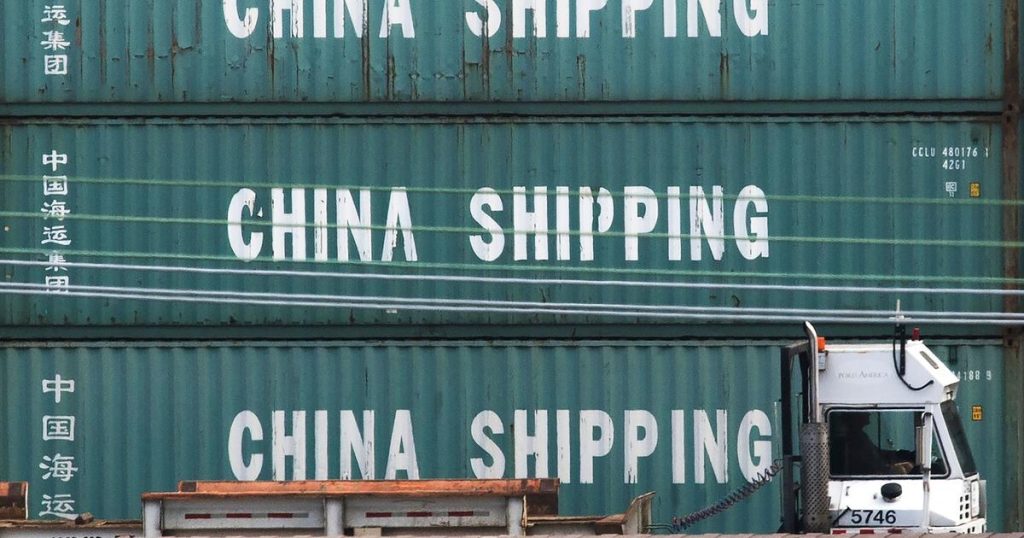President-elect Trump has expressed his support for imposing tariffs on goods imported from other countries in order to encourage American companies to rely less on overseas parts and goods. This includes tariffs on Chinese goods and a universal tax on all imports. Congress has the authority to impose tariffs, but they can delegate this power to the President, as has been done in the past. As a result, Trump may be able to unilaterally impose the tariffs he has proposed.
During his previous term as president, Trump utilized executive authority to increase tariffs, citing national security threats and violations of trade agreements. He could use existing laws like Section 301 of the Trade Act of 1974 to impose retaliatory tariffs without the need for Congressional support. However, some experts have raised concerns about the potential abuse of these legal powers to implement sweeping tariffs against all countries, including allies and friends.
The impact of these proposed tariffs on consumer prices could be significant, affecting a wide range of products such as apparel, toys, furniture, and household appliances. Companies are already making plans to move production out of China to avoid potential tariffs, suggesting that the cost of these tariffs would be passed on to consumers. Estimates suggest that households could end up paying thousands of dollars more each year if the proposed tariffs are implemented.
The specific details of Trump’s tariff proposals are still unclear, and many experts are waiting for more concrete information from the incoming administration. It is expected that Trump will move quickly to implement these tariffs once he takes office, potentially within a few months. Businesses are eager for clarity on the administration’s plans so they can make informed decisions about their operations and supply chains in response to the proposed tariffs.
In conclusion, President-elect Trump’s plans to impose tariffs on imports have sparked debate among economists and trade experts regarding the legal authority and potential impact of these measures. While Trump may have the executive powers to implement tariffs without Congressional approval, questions remain about the scope and justification for these tariffs. The implications for consumer prices and the broader economy will become clearer once more details are provided by the new administration.


